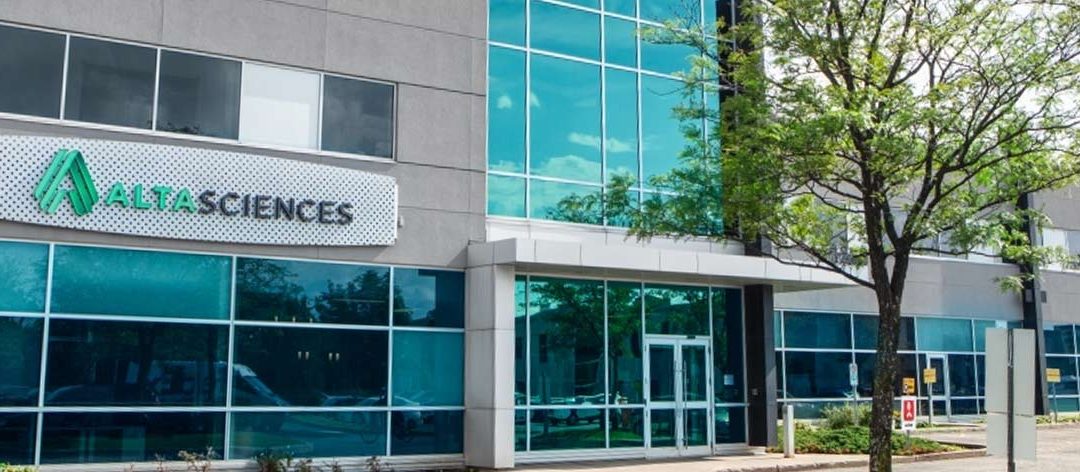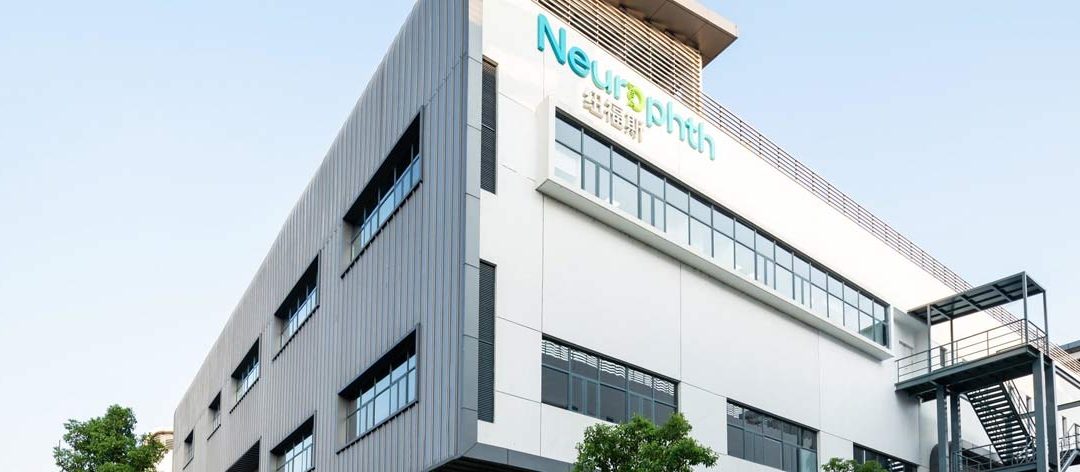Altasciences today announced the continued expansion of their formulation, manufacturing, and analytical services facilities in Philadelphia, PA.


Altasciences today announced the continued expansion of their formulation, manufacturing, and analytical services facilities in Philadelphia, PA.

Neurophth Biotechnology Ltd., a fully-integrated genomic medicines company seeking to improve lives through the curative potential of gene therapies, announced the opening of its state-of-the-art manufacturing facility at the Phase II Suzhou Biomedical Industrial Park (BioBAY) in Suzhou, China.

Responding to booming demand for FDA-regulated, temperature-controlled storage and distribution of pharmaceutical and medical devices, Dallas-based LifeScience Logistics (LSL), a leading, national provider of healthcare supply chain solutions, today announced the company will be entering the Raleigh-Durham
Osteoarthritis (OA) is a joint disorder that affects 28 million people in the United States. With no current disease-modifying therapy for OA, most patients rely on symptomatic relief to manage joint inflammation and chronic pain.
When tissue is damaged, one of the body’s first inflammatory immune-system responders are macrophages, cells which are commonly thought of as “construction workers” that clear away damaged tissue debris and initiate repair. However, prolonged inflammation promotes the progression of many diseases, including obesity.
With an aim to grow and further establish their international presence in pharmaceutical manufacturing, Wockhardt inaugurated a ‘state-of-the-art’ sterile dry powder injection cleanroom manufacturing facility for the production and packaging of sterile dry powder injection in Dubai. On approval of the new drug by US FDA, this manufacturing facility will be commissioned for commercial production.
Genomma Lab will be able to focus on lowering its production costs, and thus offering more affordable medicines and products across the region.”, said Mr Maximo Juda, CEO of the Company. “Both multi-lateral institutions will not only provide long-term financing but also key strategic advice given their extensive industry expertise in pharma and environmental matters”, added Mr. Antonio Zamora Galland, CFO of Genomma Lab
To streamline the oversight of manufacturers’ quality systems, and encourage improved product safety on a global scale, the International Medical Device Regulators Forum (IMDRF) has developed the Medical Device Single Audit Program (MDSAP) whereby recognized Auditing Organizations (AOs) conduct a single audit of a medical device manufacturer that satisfies the relevant requirements of various regulatory agencies.
The Atropine Autoinjector initially received Emergency Use Authorization from the FDA in April 2017. Atropine is one of the most commonly used drugs for the treatment of chemical nerve agent poisoning. With the approved Atropine Autoinjector, U.S. troops can rapidly inject atropine into the thigh muscle following nerve agent exposure.
Biosensors are devices that can detect biological molecules in air, water, or blood. They are widely used in drug development, medical diagnostics, and biological research. The growing need for continuous, real-time monitoring of biomarkers in diseases like diabetes is currently driving efforts to develop efficient and portable biosensor devices.
The Brock team’s latest technology builds on an earlier version of the microscopic robot — called the three-dimensional DNA nanomachine — they created in 2016 to detect diseases in a blood sample within 30 minutes.
Private equity firm Graham Partners has entered injection molded medical goods with an investment in Medbio LLC of Grand Rapids, Mich. Graham Partners acquired a majority interest in Medbio, effective July 18 for undisclosed terms, according to Graham managing principal Joe Heinmiller.